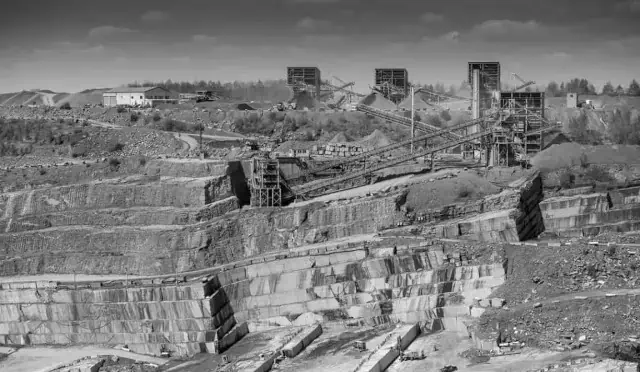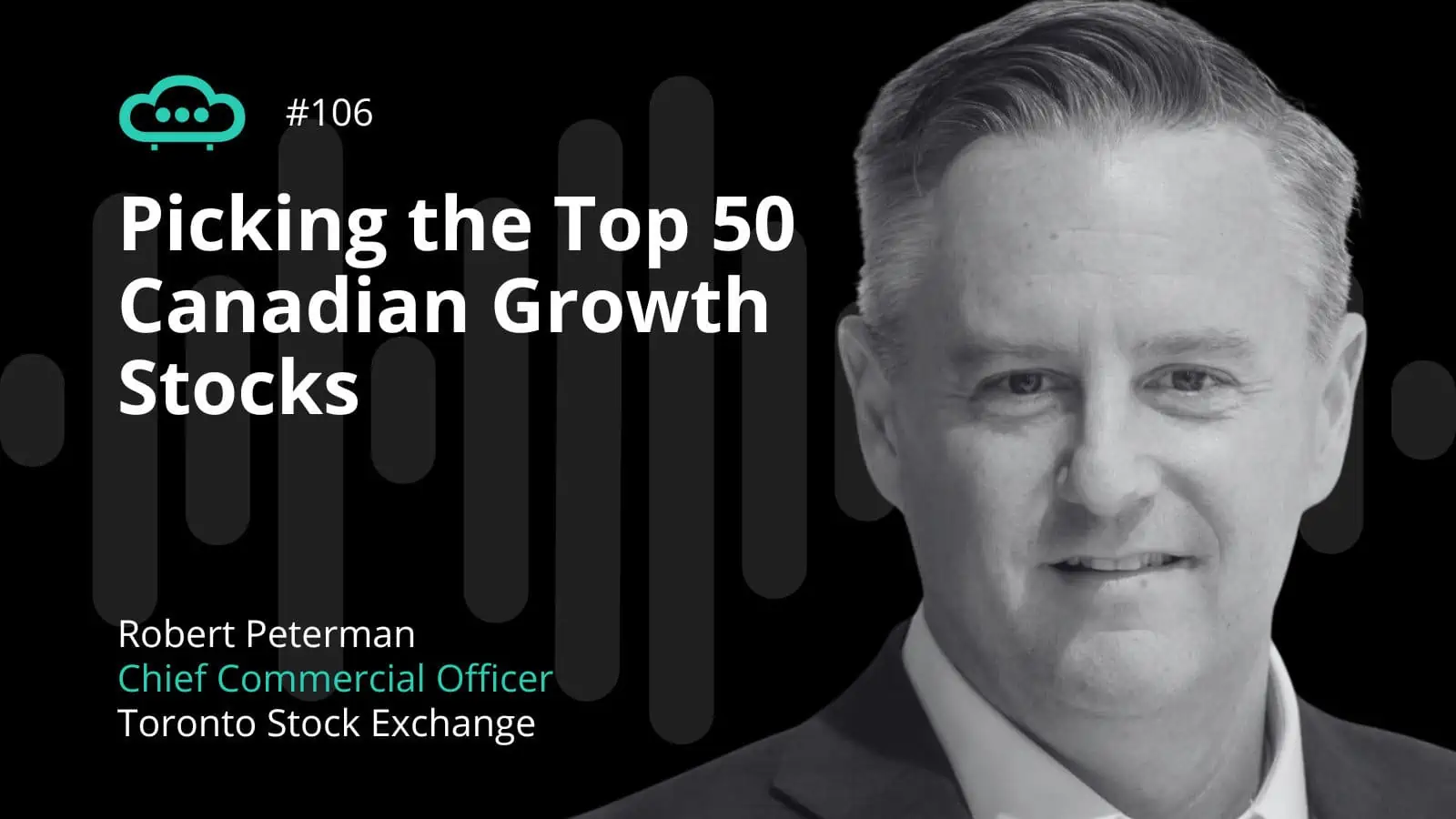A recent proposal made by the US Securities and Exchange Commission on climate-related disclosures has been relatively underreported in Europe but, if accepted, could have a profound effect on some of the largest publicly-traded companies, and consequently carbon and carbon offset trading.
If the proposal is turned into law public companies would have to tell the SEC how much greenhouse gas they are emitting and provide extensive and detailed disclosures of their climate-related risks, including physical risks and transition-related risks. Something that companies didn’t have to worry about so far is that this would also cover upstream and downstream activities of third parties related to the companies’ operations.
The SEC will also want to know about the financial impacts of climate-related risk, detailed disclosures regarding climate-related governance, and disclosures regarding the company’s transition plan and climate-related targets. The proposal is currently under discussion and the final draft is expected to be submitted before the end of 2022.
Given our understanding of the US legislative process, The Armchair Trader expects the largest emitting industries to put up a fight concentrating their lobbying effort on watering down the proposed legislation. They are likely to be less successful than they would have been in the past given that over the last two years climate-related issues have been elevated to an international level – see COP26 last year.
How to trade carbon offsets
According to the US Environmental Protection Agency transportation accounts for 29% of all the emissions generated in the US, electricity generation for 25%, the country’s industrial production accounts for a relatively moderate 23% while agriculture and buildings account for 10% and 13%, respectively.
In short, every single publicly traded company will be affected. With more and more investors interested in the ESG aspect of publicly traded companies, airlines, power utilities and even supermarkets with large distribution networks will have to react in some way to avoid losing investors. One way would be to invest in carbon offsets, which will also provide investors with an opportunity to enter this market.
The CME Group has started trading carbon offset futures called CBL Core Global Emissions Offset (CBL C-GEO) futures. Although this is still a relatively thinly traded market, demand is expected to grow exponentially over the coming few years.
A more innovative way would be to use blockchain minted non-fungible carbon offset tokens which are currently being pioneered by Canadian technology firm DeepMarkit Corp (TSXV: MKT / OTC: MKTDF / FRA: DEP). DeepMarkit’s subsidiary First Carbon Corp will make it possible for companies or entities that generate carbon offsets to mint those into non-fungible tokens through its blockchain-based platform MintCarbon.io.
There is a long list of companies that will be able to mint tokens ranging from co-operatives planting trees to large scale solar or hydropower projects, as long as they are certified by an official carbon offset registry such as Gold Standard, Verra and Climate Action Reserve. The tokens could then be traded on an NFT marketplace such as OpenSea either as single tokens or bundled up to create a larger carbon offset, making them interesting for both retail and institutional investors.












